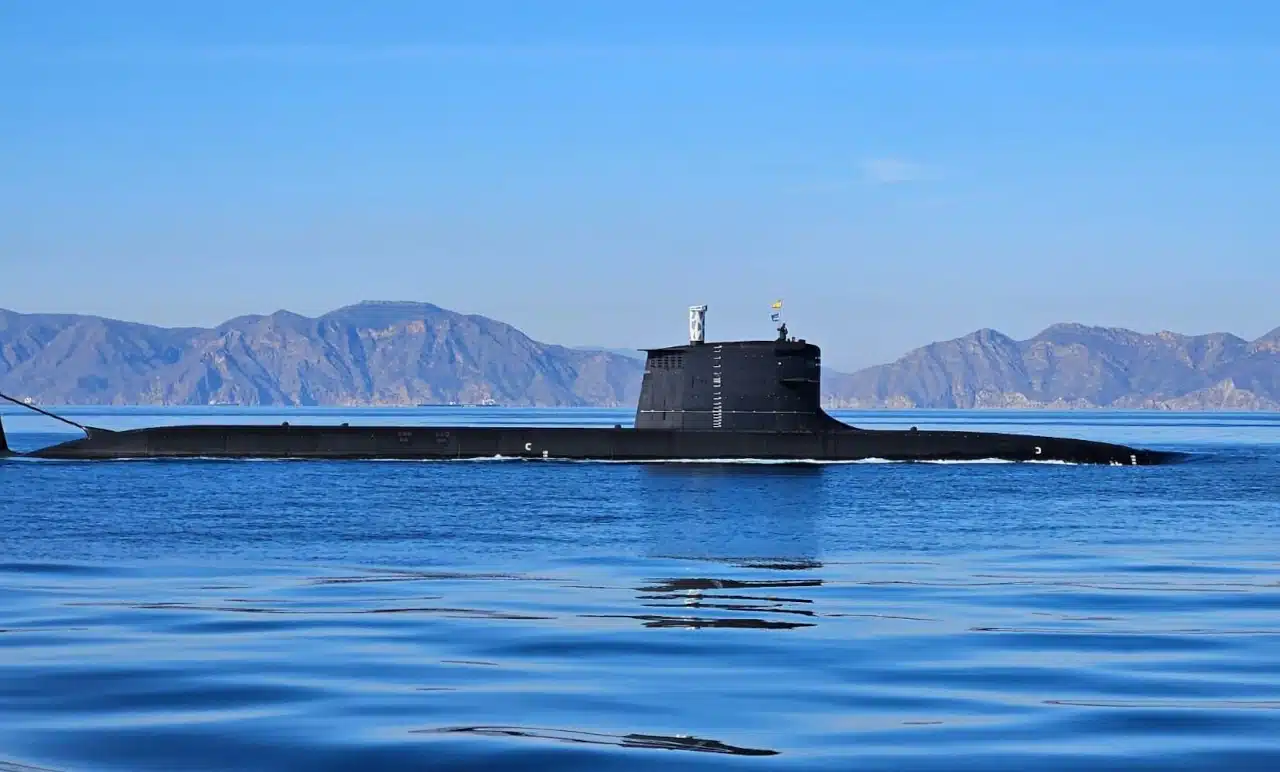Spain moves forward with next-generation naval intelligence ship
Spain Launches New Intelligence Ship Initiative

Spain is taking significant steps to modernize its naval capabilities with the announcement of a new intelligence ship, aimed at enhancing electronic warfare, cyber defense, and intelligence gathering at sea. The Council of Ministers has officially approved the definition phase for this advanced vessel, which will replace the aging Alerta A-111. Spanish shipbuilder Navantia is set to lead the engineering studies necessary to define the ship’s specifications and operational capabilities.
Details of the New Intelligence Ship
The new intelligence ship, designated as BAM AGI, is part of Spain’s broader Industrial and Technological Plan for Security and Defence. This initiative underscores the country’s commitment to strengthening its naval forces in response to evolving maritime threats. The BAM AGI will be equipped with sophisticated systems for signal interception, cyber defense, and naval electronic warfare, allowing the Spanish Navy to effectively gather intelligence and respond to potential threats.
The ship’s intelligence capabilities are rooted in the Santiago programme, which focuses on modernizing the data collection and analysis systems across all branches of the Spanish armed forces. This modernization effort is crucial as the Alerta A-111 approaches the end of its operational life, necessitating a replacement that can meet contemporary challenges.
The execution order for the definition phase is valued at approximately €14 million and is expected to last for eleven months. During this period, Navantia will conduct comprehensive engineering studies to finalize the design and operational framework of the BAM AGI. This initiative marks a pivotal moment in Spain’s naval modernization efforts, ensuring that its maritime forces remain capable and resilient in an increasingly complex security environment.
Broader Naval Modernization Efforts
In addition to the BAM AGI project, the Spanish government has also authorized the contracting process for two new offshore patrol vessels (OPVs) to be designed and constructed by Navantia. These vessels will feature enhanced combat, communication, and cybersecurity systems, along with improved living conditions for naval personnel. The integration of unmanned vehicles is also planned, which will significantly bolster maritime surveillance and operational capabilities.
The construction and engineering of these OPVs will utilize Navantia’s ELCANO digital environment at the company’s facilities in Puerto Real. This approach aims to streamline the building process and ensure that the new vessels are equipped with the latest technology to meet the demands of modern naval operations. Together, these initiatives represent a comprehensive effort by Spain to enhance its naval capabilities and ensure the safety and security of its maritime interests.
